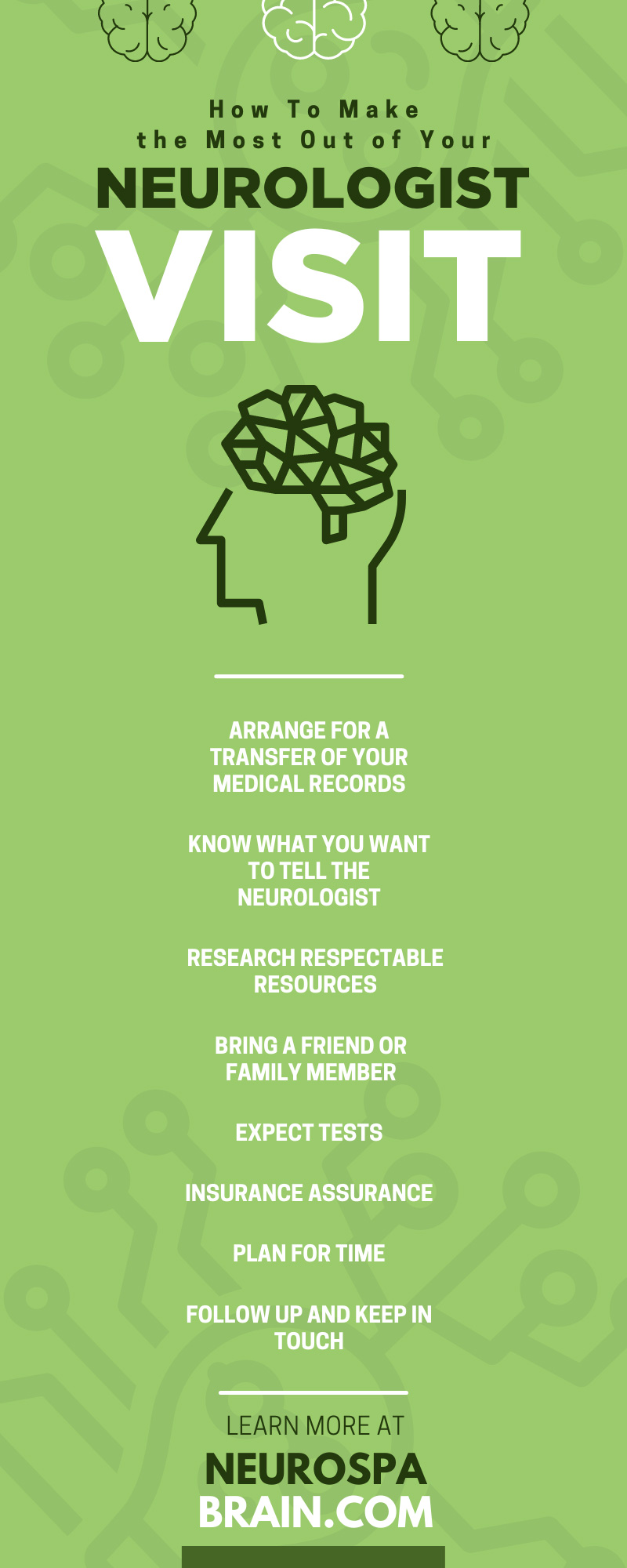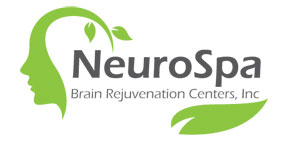
If you’re planning to see a neurologist, it’s best for you, the doctor, and their staff to go in prepared. We understand that this may be a difficult thing to do but planning and preparing your appointment should make the experience much easier and less fraught with concerns. To help you get ready, here’s how to make the most out of your neurologist visit. Go in forewarned and forearmed, and you’ll be ready to meet any question, issue, or other event head-on.
Arrange for a Transfer of Your Medical Records
If you’re seeing a neurologist, more likely than not, it’s on the recommendation of your primary care physician or another caregiver. Your doctor or healthcare provider’s office already maintains an up-to-date file of your medical records, including doctor visits, conditions, vaccinations, health history, medications you’re currently taking, and other records of your personal health history. Likewise, if you’ve seen several other practitioners and specialists, each one has a record of your health. Contact and arrange for them to share your records. They may have a specific procedure—a patient portal, for example—or they may be able to download them to a thumb drive or similar device. Ask about their procedures for sharing and ensure the neurologist has the latest information. Print out or download a file for your own use as well. Keep your primary caregiver’s contact information handy as well in case they didn’t receive your records.
Know What You Want To Tell the Neurologist
Even if you can recite your medical history backward and forward from memory, it still helps to jot down what you want to discuss with the neurologist. They’ll have their own questions for you, of course, but they want to hear what you have to say as well. Create notecards that outline your concerns and thoughts, as well as questions you might have for the doctor. If you’re nervous, you may find it difficult to remember what you want to say and ask, and keeping the cards handy will ensure you put it all out there. Go for brevity and hit specific points about your health history rather than engaging in a chat. Be sure to take notes as well to help remind yourself about future appointments, medication, and the like.
Research Respectable Resources
While you should leave the diagnosing to your neurologist, it doesn’t hurt to research your condition, symptoms, and so on so you can better discuss your issues with the doctor. Stick to respectable sources of medical information like established universities and hospitals for your information, like the Mayo Clinic, Harvard Medical School, and others. Remember, you’re there to learn but not self-diagnose. Knowing the correct terms and similar cases can facilitate a better conversation with the doctor, and you’ll gain a better grasp on treatments and medications, potential side effects, and more. It may well be that you’ll come across information your neurologist has yet to hear about. Overall, though, being better educated about your condition can only help you both.
Bring a Friend or Family Member
If you come to the neurologist in perfect health and symptom-free, you’ll be more likely to have a productive conversation. But what if you’re in not-so-great shape? Either way, talk to a friend or family member about coming to the neurologist’s office for several reasons. For one thing, it helps to have a loved one nearby for emotional support during—let’s face it—a very emotional time. If they’re your caregiver, it pays to have them there to hear about at-home care at the same time you do. It may well be that your friend or family member will remember something you forgot or be able to provide their perspective on your condition.
Expect Tests
After you talk to your neurologist and they compile a medical history, you’ll be asked to participate in a series of tests referred to as a neurological exam. Don’t worry about preparing for this exam, however. It can be performed in the neurologist’s examination room. Your brain and nervous system will be checked through simple examinations of your reflexes, sensations, speech, vision, coordination, strength, and the like. You may also be asked to submit blood, urine, or other fluids. If the neurologist feels it’s necessary, they may suggest follow-up tests. These can include MRIs, CT scans, EEGs, EMGs, or a lumbar puncture to look for physical causes of your symptoms. These will require a follow-up appointment. Be sure to ask the neurologist to clarify why they recommend these tests. As caregivers, they’ll be happy to fill you in and hear you out on any concerns you might have.
Insurance Assurance
One thing you want to bring is your insurance information. In fact, before you see the neurologist, talk with your insurance company about the upcoming visit and what is covered under your policy. You don’t want to have any surprises down the line. Bring your insurance information to the neurologist as well, though they may contact you or need you to contact them beforehand with your information and policy numbers to save time on the day of the appointment.
Plan for Time
Your first visit to the neurologist may last anywhere from 45 minutes to an hour. This is about how long it usually takes to review your history, discuss your symptoms, and conduct the neurological exam. If more time is needed for tests, the neurologist’s office will let you know. All said and done, be sure to arrive early. Neurologists often have several patients scheduled for the day and need to stick to their schedule to ensure all patients receive the same amount of time and care.
Follow Up and Keep in Touch
Here’s our last tip on how to make the most out of your neurologist visit. Follow your doctor’s orders, keep to the schedule and medication they assign to you, and be sure to schedule and keep all future follow-up appointments. Keep the lines of communication open and continue to record changes in your health, so you’re prepared for those appointments as well.
NeuroSpa Brain Rejuvenation Centers is a TMS clinic founded by Dr. A. Elahi to treat and cure neurological and mental health conditions using transcranial magnetic stimulation and other non-medication technology to treat neurological conditions. Contact us in the Orange County area for more information.


